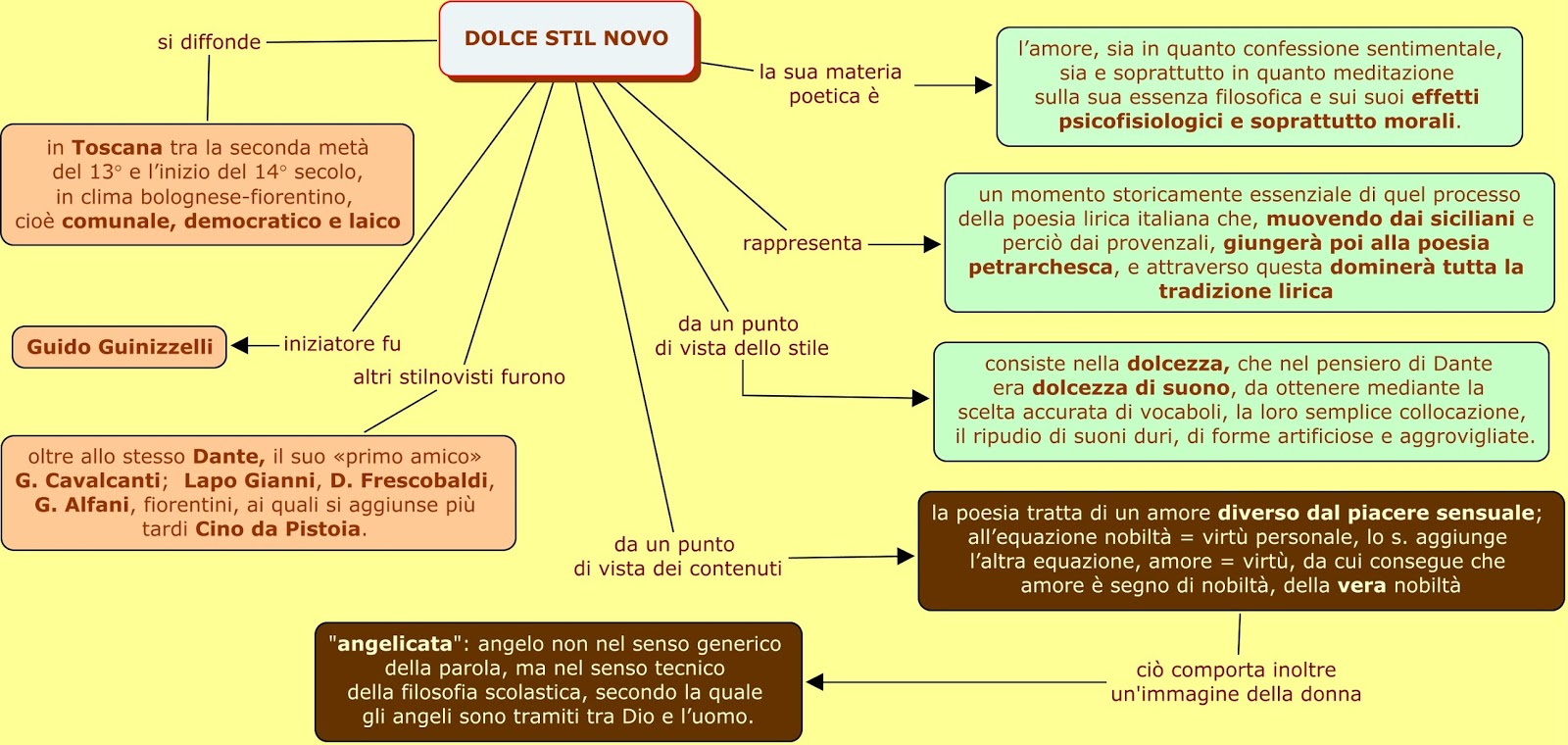Guido Guinizzelli and the Sweet New Style: A Poetic Revolution

Have you ever wondered how a single poet could ignite a revolution in literature? In thirteenth-century Italy, Guido Guinizzelli, a Bolognese judge and poet, did just that. He spearheaded a new poetic movement known as the Dolce Stil Novo, or Sweet New Style, which dramatically altered the landscape of Italian verse. This article delves into the life and work of this influential figure, exploring the origins, characteristics, and lasting impact of the Dolce Stil Novo.
Guinizzelli's innovative approach to poetry centered on a refined and elevated depiction of love. Unlike the previous, more earthly portrayals of romantic love, the Dolce Stil Novo emphasized the spiritual and ennobling aspects of love. This involved a focus on the inner experience of love, its psychological effects, and its potential to elevate the lover to a higher state of being. Guinizzelli's verse is characterized by its elegant language, philosophical depth, and a sense of ethereal beauty.
The Dolce Stil Novo emerged in a period of intellectual ferment in Italy. The rediscovery of classical philosophy, particularly the works of Aristotle, profoundly influenced the intellectual climate. Guinizzelli and his followers incorporated philosophical concepts into their poetry, exploring the nature of love, beauty, and the human soul. The movement represented a shift away from the more conventional and often bawdy love poetry that had preceded it. The “sweetness” of the new style referred not only to its refined language but also to the pure and elevated nature of the love it depicted.
One of Guinizzelli's most famous poems, "Al cor gentil rempaira sempre amore" ("Love always returns to the noble heart"), is considered a manifesto of the Dolce Stil Novo. In this poem, he argues that love and nobility are intrinsically linked. He suggests that a noble heart is a necessary prerequisite for true love and that love has the power to refine and perfect the lover. This concept, associating love with inner virtue and spiritual refinement, became a cornerstone of the Dolce Stil Novo.
Guinizzelli's influence on subsequent generations of Italian poets was immense. Poets like Dante Alighieri, considered the greatest Italian poet, acknowledged Guinizzelli as a major influence. Dante even places Guinizzelli in Purgatory among the lustful, not for any moral failing, but rather for his earthly love for a woman, recognizing his poetic genius. The Dolce Stil Novo laid the groundwork for the flowering of Italian literature in the centuries that followed, shaping the poetic language and themes that would be explored by some of the world's greatest literary figures.
Guinizzelli's philosophy connects love with virtue. He believes that love naturally resides in a noble heart. This “nobility” isn't tied to social status but rather to inner goodness and spiritual refinement. He suggests love enhances the virtues already present within the noble heart, elevating the lover towards perfection.
One of the movement’s key ideas is the ennobling power of love. Guinizzelli’s poetry proposes that love transforms the lover, refining their character and elevating their spirit. This transformation is reflected in the lover's outward appearance and their inner experience. Love, in essence, becomes a path to personal and spiritual growth.
Studying Guinizzelli offers several benefits. It enhances understanding of Italian literary history, provides insights into the philosophical currents of the 13th century, and exposes readers to beautiful and intellectually stimulating poetry.
Advantages and Disadvantages of Studying Dolce Stil Novo
| Advantages | Disadvantages |
|---|---|
| Understanding of medieval thought | Language barrier for non-Italian speakers |
| Appreciation of poetic beauty | Limited surviving works by Guinizzelli |
Frequently Asked Questions:
What is Dolce Stil Novo? It is a 13th-century Italian poetic movement characterized by its refined language and focus on the spiritual aspects of love.
Who was Guido Guinizzelli? He was a Bolognese poet considered the father of the Dolce Stil Novo.
What are the key themes of Dolce Stil Novo? Love, nobility, spiritual refinement, and the ennobling power of love.
How did Dolce Stil Novo influence later poets? It profoundly influenced Dante Alighieri and shaped the development of Italian poetry.
What is the significance of "Al cor gentil rempaira sempre amore"? It is a key poem of the Dolce Stil Novo, outlining its central themes.
Why is Guinizzelli considered important? He initiated a new poetic style that revolutionized Italian literature.
What is the legacy of Dolce Stil Novo? It left a lasting impact on Italian literary tradition and influenced later European poetic movements.
Where can I learn more about Dolce Stil Novo? Academic libraries, online resources, and books on Italian literature provide further information.
Guido Guinizzelli and the Dolce Stil Novo stand as a testament to the enduring power of poetry to transform language, explore profound themes, and inspire generations of artists. Guinizzelli’s innovative approach to love poetry, emphasizing its spiritual and ennobling qualities, marked a turning point in Italian literature. The Dolce Stil Novo’s focus on inner beauty and the transformative power of love laid the groundwork for the flourishing of Italian poetry in the centuries that followed. Exploring Guinizzelli's work provides invaluable insights into the history of Italian literature, the philosophical currents of the 13th century, and the enduring human fascination with love. Delve into the world of the Dolce Stil Novo and discover the "sweet new style" that continues to resonate with readers today.
Navigating the oconee county family court system
Elevate your grecian escape fishing adventures in skopelos
Decoding the cat screaming and crying meme phenomenon










